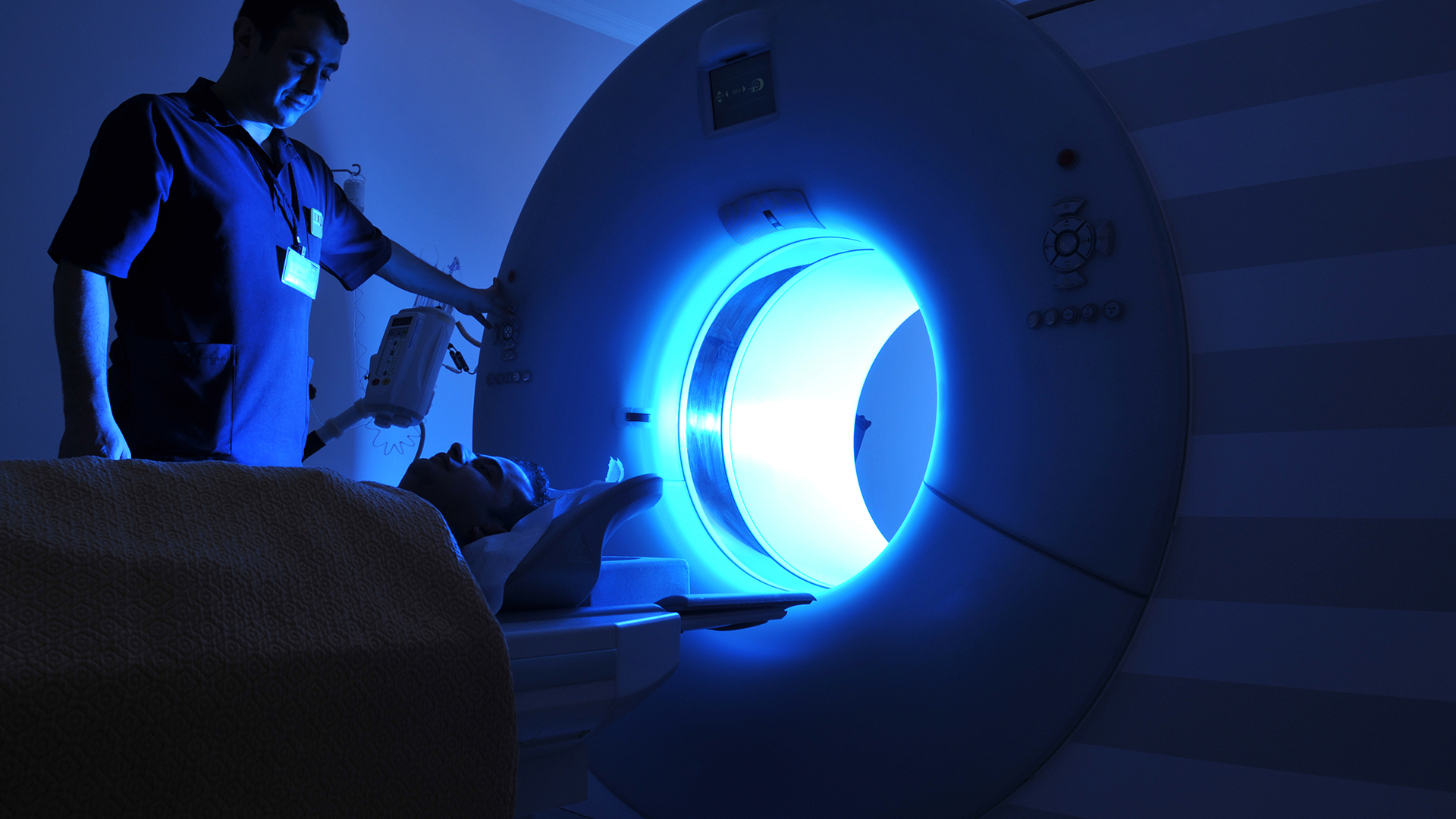
Transformative Impact: AI-Powered Medical Imaging in Healthcare
The intersection of artificial intelligence (AI) and medical imaging is ushering in a new era of healthcare diagnostics and treatment. This article explores the profound influence of AI-powered medical imaging, delving into the advancements that are reshaping the landscape of medical practices and patient care.
Precision Diagnosis: The Role of AI in Medical Imaging
One of the standout contributions of AI in healthcare is its ability to enhance the precision of medical diagnoses through advanced imaging technologies. AI algorithms analyze medical images with unprecedented accuracy, aiding clinicians in detecting and diagnosing various medical conditions. From identifying subtle anomalies to offering early detection of diseases, AI-powered medical imaging is revolutionizing the diagnostic process.
To delve deeper into AI-powered medical imaging, visit AI-powered Medical Imaging for comprehensive insights and resources.
Radiology Revolution: AI’s Integration into Radiological Practices
Radiology, a cornerstone of medical imaging, is undergoing a revolutionary transformation with the integration of AI. Radiologists are leveraging AI algorithms to streamline image interpretation, reduce diagnostic errors, and expedite reporting processes. The synergy between AI and radiology not only improves diagnostic accuracy but also allows healthcare professionals to focus on more complex aspects of patient care.
Enhanced Imaging Modalities: Pushing the Boundaries with AI
AI-powered medical imaging extends beyond traditional modalities, encompassing a diverse range of imaging technologies. From magnetic resonance imaging (MRI) and computed tomography (CT) to ultrasound and molecular imaging, AI algorithms are enhancing the capabilities of each modality. The result is improved image quality, faster processing times, and a more comprehensive understanding of the patient’s condition.
Personalized Treatment Paths: AI’s Role in Treatment Planning
Beyond diagnostics, AI contributes to personalized treatment planning by analyzing medical imaging data. By considering a patient’s unique physiology and pathology, AI algorithms assist clinicians in devising tailored treatment paths. Whether in oncology for tumor characterization or cardiology for personalized heart interventions, AI’s insights guide healthcare professionals toward more effective and individualized treatment strategies.
Streamlining Workflows: Increasing Efficiency in Healthcare
AI-powered medical imaging solutions are not only enhancing diagnostic accuracy but also streamlining healthcare workflows. Automated image analysis, report generation, and data integration reduce the administrative burden on healthcare professionals. This efficiency allows medical practitioners to allocate more time to patient interaction, fostering a more patient-centric approach to healthcare.
To stay updated on the latest advancements in AI-powered medical imaging, explore AI-powered Medical Imaging for valuable resources and updates.
Overcoming Challenges: Addressing Ethical and Regulatory Considerations
As AI becomes integral to medical imaging, addressing ethical and regulatory considerations is paramount. Ensuring patient privacy, maintaining data security, and navigating regulatory frameworks are crucial aspects of the ethical implementation of AI in healthcare. Collaborative efforts between technology developers, healthcare providers, and regulators are essential to establishing guidelines that prioritize patient well-being.
Future Frontiers: AI-Powered Imaging in Research and Development
The impact of AI-powered medical imaging extends to research and development in healthcare. AI algorithms contribute to the discovery of new biomarkers, assist in drug development, and support ongoing medical research. By accelerating the analysis of vast datasets, AI fosters innovation and contributes to the evolution of medical knowledge and therapeutic interventions.
Accessibility and Affordability: Making Healthcare More Inclusive
AI-powered medical imaging has the potential to address issues of accessibility and affordability in healthcare. Through automation and improved efficiency, AI can reduce costs associated with medical imaging procedures. This, in turn, makes advanced diagnostic capabilities more accessible to a broader population, fostering inclusivity in healthcare services.
Collaboration for Progress: The Synergy of Healthcare and Technology
The successful integration of AI into medical imaging relies on collaboration between healthcare professionals and technology experts. Interdisciplinary partnerships facilitate the development and deployment of AI solutions that align with the unique challenges and requirements of the healthcare industry. This collaborative approach ensures that AI becomes a valuable tool in enhancing patient outcomes and advancing the field of medical imaging.
Embracing the AI-Powered Future of Healthcare
In conclusion, AI-powered medical imaging is transforming the landscape of healthcare by enhancing diagnostics, streamlining workflows, and fostering personalized treatment approaches. As technology continues to evolve, the collaborative efforts of healthcare practitioners and technology developers will shape a future where AI becomes an indispensable asset in providing accessible, efficient, and patient-centric healthcare.
To explore the forefront of AI-powered medical imaging, visit AI-powered Medical Imaging and stay informed about the evolving landscape of healthcare technology.
